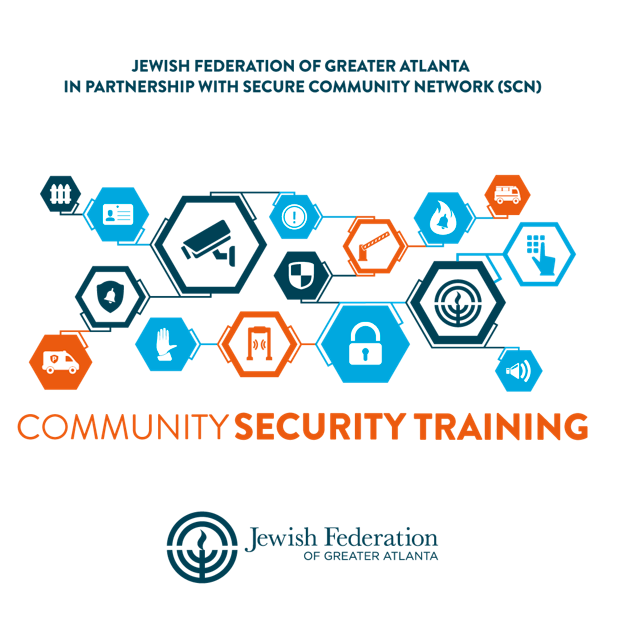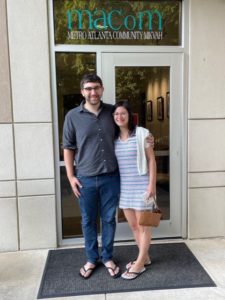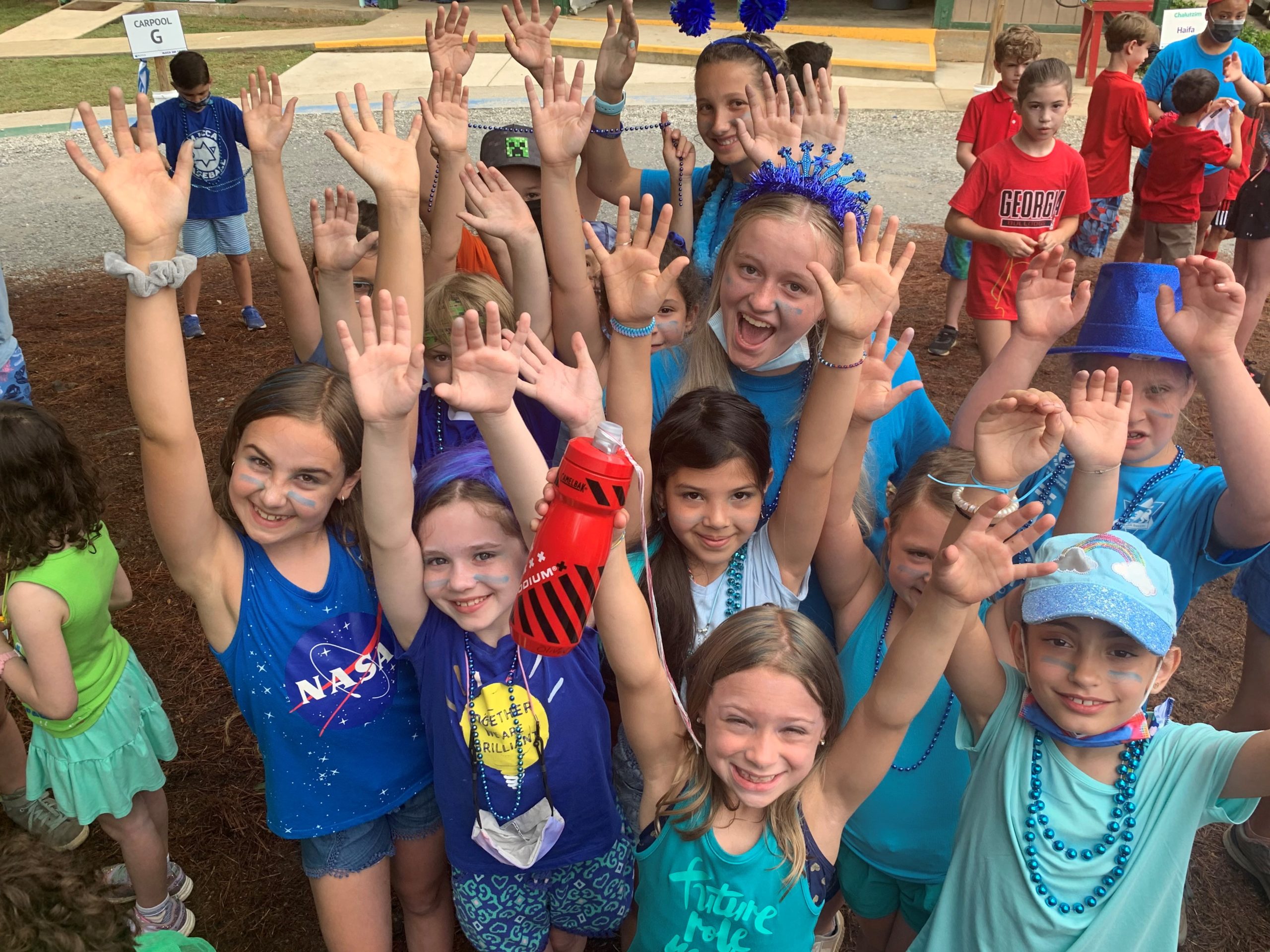
In October 2021 the Foundation for Jewish Camp (FJC) opened its Southeast Center in Atlanta. I am grateful to have been selected as its inaugural Director, and also to the Zalik Foundation for their support in helping the Southeast Center become a reality. During our first year, we have been primarily focused on Atlanta and the FJC Camps that are strongly tied to the community including Camp Barney Medintz, MJCCA Day Camps, Camp Ramah Darom, URJ Camp Coleman, URJ 6 Points Academy, In the City Camps, and Camp Judaea.
We are focused on building a strong professional Jewish Camp community by listening and learning the needs of each camp. Since nearly all seven of the Directors serving Atlanta are new, we offered them and their Facility Managers a Southeast Jewish Camp Tour. It was a wonderful way to learn about the camps and deepen the connections between our camp professionals. Additionally, the FJC-Southeast Center has been collaborating with Hillels throughout the SE to plan camp staff recruitment events and explore other ways that we can work together to strengthen our camps and campuses.
It is also very exciting that FJC Leader’s Assembly 2022 will take place in Atlanta, December 4-6, 2022. FJC Leader’s Assembly consistently draws 750 or more attendees from throughout North America and even overseas including camp professionals, Board Members, Foundations, donors, and many others working closely with the Jewish camping community. Our local host committee is committed to sharing our city’s unique elements, culture, and talent with those who will be joining us from throughout North America and the world.
Bobby Harris spent 36 years serving as Camp Director/Jewish Educator at Camp Young Judaea-Sprout Lake, JCC Camp Arthur-Reeta, and 30 summers as Director of URJ Camp Coleman. Bobby is now working to strengthen Jewish camps in the Southeast.

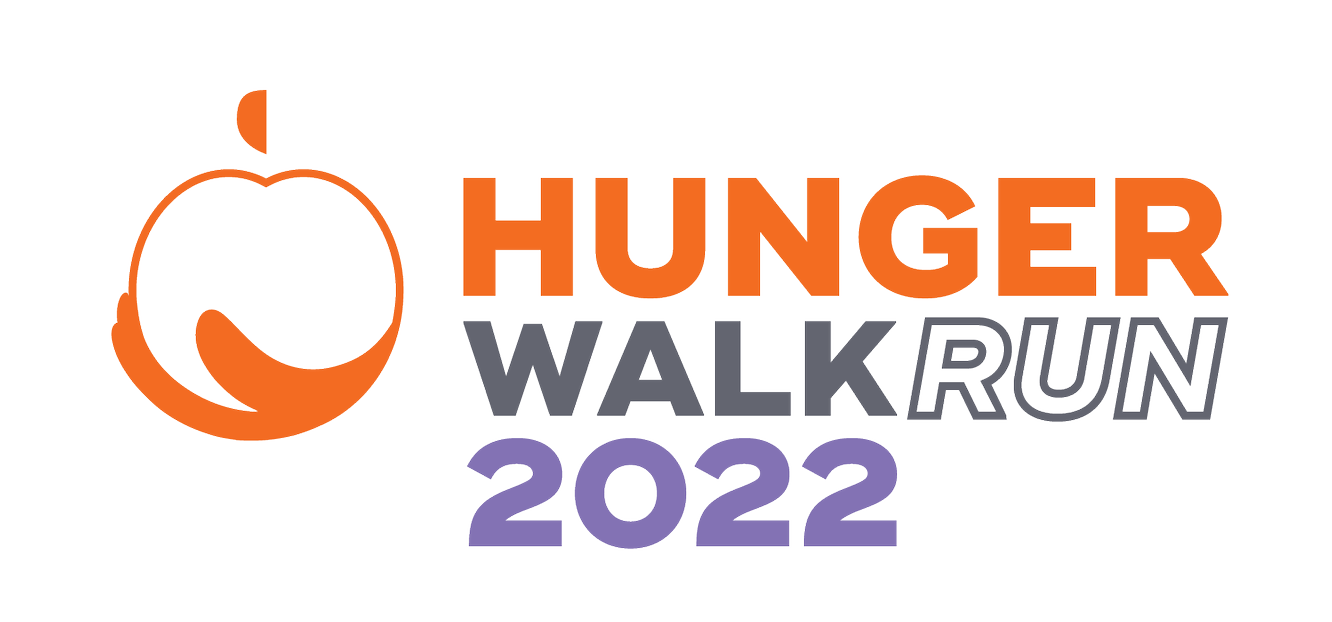
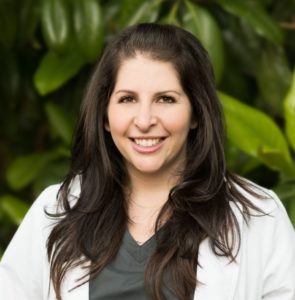
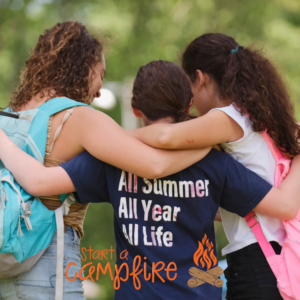 “Though he’s attended Jewish day camps since Pre-K, our son’s experience at overnight camp last year was deeply impactful. Our little boy came back a strong, confident, independent young man, filled with tears of joy, excitement, and memories that will last a lifetime. What an amazing opportunity to know years from now, our children will have lifelong friends because of their time at camp. It’s an experience they won’t be able to have without financial support, and we are truly grateful for the opportunity to reach out to you for this help.”
“Though he’s attended Jewish day camps since Pre-K, our son’s experience at overnight camp last year was deeply impactful. Our little boy came back a strong, confident, independent young man, filled with tears of joy, excitement, and memories that will last a lifetime. What an amazing opportunity to know years from now, our children will have lifelong friends because of their time at camp. It’s an experience they won’t be able to have without financial support, and we are truly grateful for the opportunity to reach out to you for this help.” 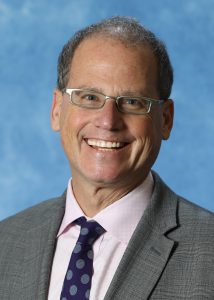
 Carol Cooper to be Federation’s Lifetime of Achievement Award Recipient
Carol Cooper to be Federation’s Lifetime of Achievement Award Recipient Atlanta Jewish Foundation is helping the
Atlanta Jewish Foundation is helping the  February is Jewish Disabilities Awareness and Inclusion Month. This subject is personal to our family, and we have experienced firsthand how the Federation helps people with disabilities more fully participate in all that Jewish Atlanta offers. Federation does so in multiple ways.
February is Jewish Disabilities Awareness and Inclusion Month. This subject is personal to our family, and we have experienced firsthand how the Federation helps people with disabilities more fully participate in all that Jewish Atlanta offers. Federation does so in multiple ways.